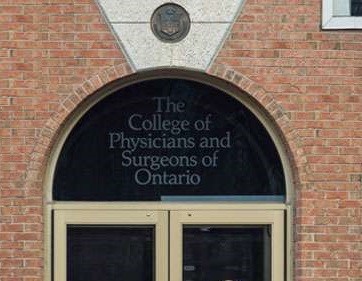Australian Broadcasting Corporation
Margaret Somerville

The COVID-19 pandemic has raised a multitude of complex ethical issues — and new ones present themselves daily. These issues, including those related to vaccination, arise at four levels: micro or individual (for example, when a doctor vaccinates a patient); meso or institutional (regarding, for instance, a hospital’s or aged care residence’s policy on vaccinating staff); macro or societal ( a government’s decisions or public health regulations governing distribution of vaccines and access to vaccination); and mega or global (such as a nation’s obligations to provide vaccines to those in developing countries, which are without vaccines).
In many COVID-19 related decision-making situations at each of these levels, decision makers face what is called in bioethics a “world of competing sorrows” — that is, decision making in which there is no “no harm” option, but in which, instead, they must choose to whom harm will be allocated. The ethical difficulties are exacerbated when the harms and benefits do not accrue to the same people or, at least, not in equal measure. A striking example of such a situation at the macro or societal level would be the use of “lockdowns”, when the choice is between protecting public health and inflicting serious economic harm.
What I want to focus on here is a particular micro- level issue: that of a healthcare professional’s obligation to obtain a person’s informed consent to COVID-19 vaccination.
Failure to obtain an informed consent to, or an informed refusal of, medical treatment — which includes vaccination — is medical negligence (medical malpractice). Informed consent to or refusal of medical treatment has three requirements: competence, information, and voluntariness. There is a wealth of research on what is needed to establish each element, but here is a brief summary. . . Continue reading
